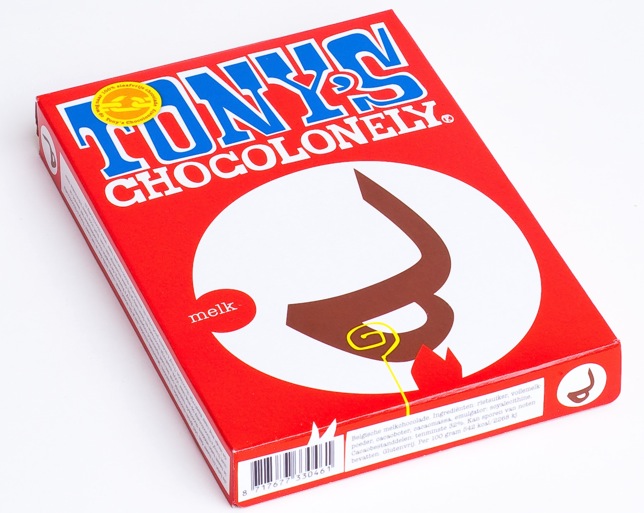Most of us want to make a difference in some observable way to this world, but the best of our intentions give way to the day’s demands, fatigue and inertia. For instance, just like any other decent, environmentally-conscious organization, my workplace too hopes to encourage its employees to go at least a little bit green and make a difference. One of the more obvious initiatives is taking the staircase instead of the elevator so that we reduce electricity usage and stay fit. As part of the plan, there are big posters outside and inside elevators that advice us in green, friendly alphabets: TAKE THE STAIRS FOR ONE UP AND DOWN TWO. Yet till date, the few times I’ve taken the stairs, I’ve never encountered even a trace of a human being except for a lingering, stale smell of cigarettes.
The problem lies, however, not with the people, but with the staircase. The entire experience of taking the staircase is not a very pleasurable one. At best, it is boring and at its worst, claustrophobic and depressing. Something that is good for you and the environment, ought not to be so uninviting. This is where the Fun Theory comes in. The Fun Theory believes that “something as simple as fun is the easiest way to change people’s behaviour for the better”. Perhaps more people would take the stairs if taking them was made more fun, like this:








